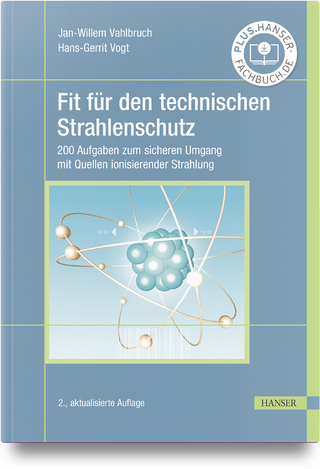
Handbook of Spent Hydroprocessing Catalysts
Elsevier Science Ltd (Verlag)
978-0-444-63881-6 (ISBN)
For non-regenerable spent catalysts, attention is paid to safety and ecological implications of utilizing landfill and other waste handling and storage options to ensure environmental acceptance. As such, this handbook can be used as a benchmark document to develop threshold limits of regulated species.
Dr. Marafi received her Ph.D. in Chemical Engineering from Aston University/England. Her areas of specialization include: petroleum refining/processes and catalysis, catalyst deactivation, regeneration, rejuvenation and recycling, crude oil assay, petroleum characterization and catalyst development. Dr. Marafi has over 88 publications, including, 2 books, 25 papers published in refereed journals, 25 papers presented in international/local conferences, and 36 reports (technical reports/final reports/progress reports related to projects carried out). Lead 14 contractual projects in the area of petroleum refining and catalysis. Dr. Stanislaus has over 30 years of research experience in catalysts and processes related to petroleum refining. His research experience includes: upgrading of petroleum residues by catalytic hydroprocessing, deep desulfurization and aromatics hydrogenation of diesel blending streams (clean fuels production), naphtha catalytic reforming for octane improvement, kinetics of hydrotreating reactions, catalyst deactivation and regeneration, spent catalyst reactivation and utilization, catalyst development, characterization, and performance testing. He has published over 100 scientific papers in International Journals and books. Dr. Furimsky has some forty years of research in the conversion of petroleum, coal and natural gas to various commercial products. The studies on upgrading petroleum feeds included hydrodesulfurization, hydrodenitrogenation, hydrodeoxygenation, catalyst deactivation and regeneration. The environmental and safety aspects as well as utilization options for spent refinery catalysts were part of the research as well. Scientific productivity includes two books, several book chapters and a dozen of reviews on various aspects of hydroprocessing catalysis, petroleum refining and utilization of refinery residues. Some 130 articles appeared in the referred scientific journals.
1. Introduction 2. Developments in Petroleum Refining 3. Hydroprocessing Technology 4. Catalyst Deactivation 5. Regeneration 6. Rejuvenation 7. Cascading 8. New Catalysts From Spent Catalysts 9. Environmental Applications of Spent Hydroprocessing Catalysts 10. Valuable Materials From Spent Hydroprocessing Catalysts 11. Metal Reclamation From Spent Hydroprocessing Catalysts 12. Spent Unconventional Hydroprocessing Catalysts 13. Environmental and Safety Aspects of Spent Hydroprocessing Catalysts 14. Markets and Price Trends for Metals in Spent Hydroprocessing Catalysts 15. Future Perspectives
| Erscheinungsdatum | 02.02.2017 |
|---|---|
| Verlagsort | Oxford |
| Sprache | englisch |
| Maße | 191 x 235 mm |
| Gewicht | 970 g |
| Themenwelt | Naturwissenschaften ► Chemie ► Physikalische Chemie |
| Naturwissenschaften ► Chemie ► Technische Chemie | |
| Technik | |
| ISBN-10 | 0-444-63881-4 / 0444638814 |
| ISBN-13 | 978-0-444-63881-6 / 9780444638816 |
| Zustand | Neuware |
| Informationen gemäß Produktsicherheitsverordnung (GPSR) | |
| Haben Sie eine Frage zum Produkt? |
aus dem Bereich


